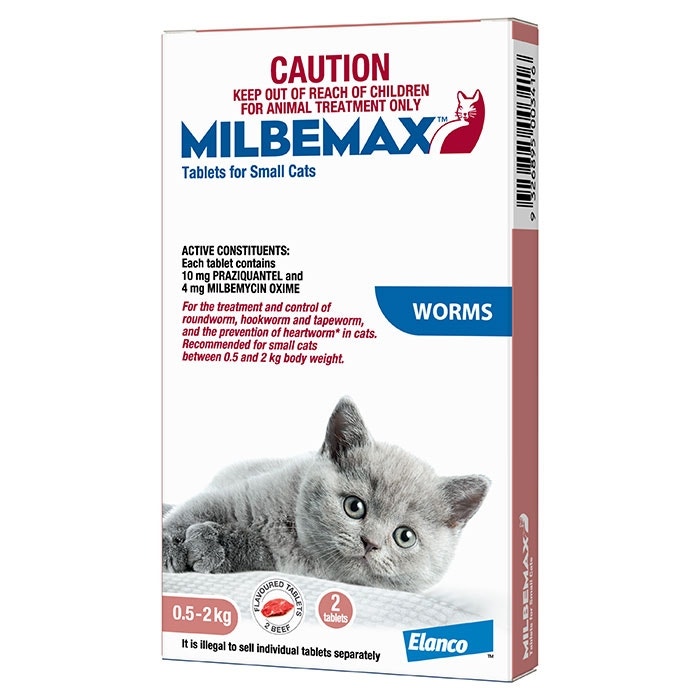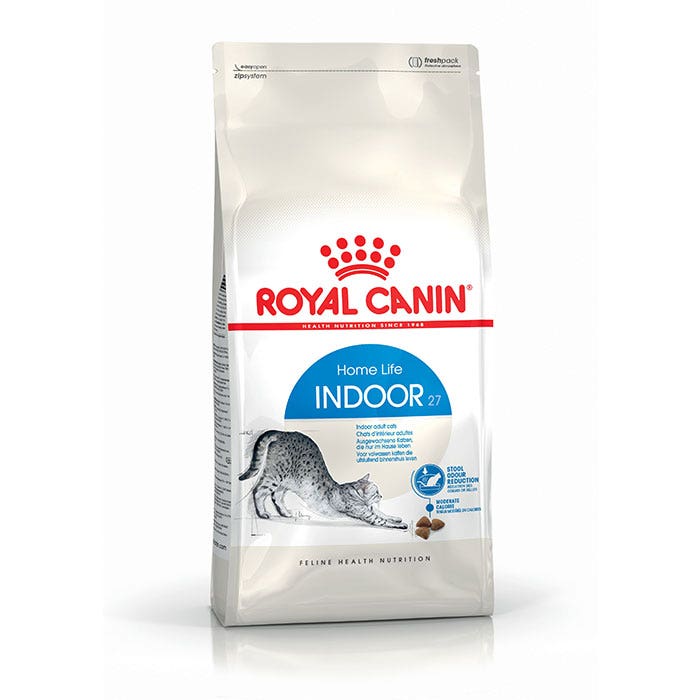Bringing a kitten into your home is an important and exciting milestone – but it’s only the first of many as your pet grows into an adult cat.
Read on to find out more about kitten development stages and the milestones to look out for.

Neonatal Stage (0-2 weeks)
At birth, kittens weigh around 100 grams. They are born deaf and blind and will mostly sleep and eat at this stage.
A kitten’s eyes will start to open at around 10-14 days of age, and their sense of smell and hearing will improve. All kittens are born with blue eyes, but their true eye colour sets later (at around 12 weeks of age).

Transition Stage (2-4 weeks)
From when they are 2 weeks old onwards, your kitten should be wormed every 2 weeks until they are 12 weeks old.
At this stage, your kitten may start to take their first steps and should also begin to purr! As your kitten’s hearing develops, you might find that they’re more sensitive to sound. They will also be more active and move about. By 4 weeks, kittens should have a fully developed sense of smell, be more exploratory and want to socialise with their littermates.

Socialisation Stage (5-12 weeks)
At 5 weeks, your kitten will have fully developed sight, be more active and moving around, and be in the process of weaning. Introduce drinking water and some soft kitten food, as well as a litter box.
A 7-week-old kitten should be developing sleeping patterns and be increasingly social and playful. Don’t be surprised if your kitten starts to pounce, using their eyes to catch ‘prey’.
When your kitten reaches 8 weeks of age, they should be eating mostly solids and regular small meals each day. If you want to find the best food for your kitten’s age, breed and lifestyle, use our Cat Food Finder.
8 weeks is also the age when most kittens are ready to head off to their new homes. Take your new kitten for a checkup at your local Greencross Vets so you can discuss and commence their core vaccination program. This will consist of three vaccinations four weeks apart, and most kittens will have had their first vaccine before being sent to their new home.

Pre-adolescent Stage (3-6 months)
This life stage also brings a change in their worming routine. From 12 weeks until 6 months of age, they should be dewormed monthly. Make sure to ask your Greencross Vet what parasite prevention routine is best for your kitten.
At 14-16 weeks, your kitten will have their third vaccination, and at this visit your vet will discuss with you and determine your kitten’s long-term vaccination program. The recommendation will be guided by your kitten’s lifestyle and environment.
From now on, you may start to see your kitten challenge you at home, testing their “dominance” and “submissiveness” amongst all inhabitants of the household, human and pet. A kitten’s rank in the social order can be established by 6 months of age.

Adolescent Stage (6-11 months)
At 6 months old, your kitten has reached their adolescent stage. This is the ideal time for you to have a conversation with your vet about desexing and the health and behavioural benefits it may have for your kitten. Also discuss parasite control plans for your kitten going forward. Your kitten should be routinely wormed every 3 months from when they are 6 months old whether they live an indoor or outdoor lifestyle.

Transition to Adulthood (1 year onwards)
Generally, kittens are considered to be adult cats at 12 months old. However, depending on their breed, your kitten may not be fully grown until they’re 18 months old. Once your kitten is a fully grown adult, you should gradually transition them to adult cat food.
Remember that all cats should be taken in for regular vet checkups every 6 months to ensure that they are healthy and for the early detection and treatment of any diseases.
Not sure how to support your cat during their different lifestages?
The friendly team members at your local Petbarn and Greencross Vets are always happy to provide expert advice on how to care for your feline friend at every lifestage.












